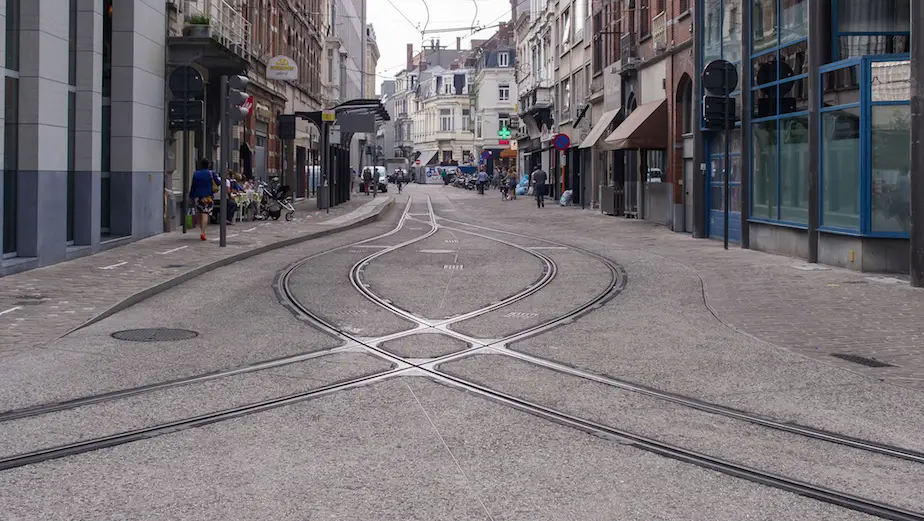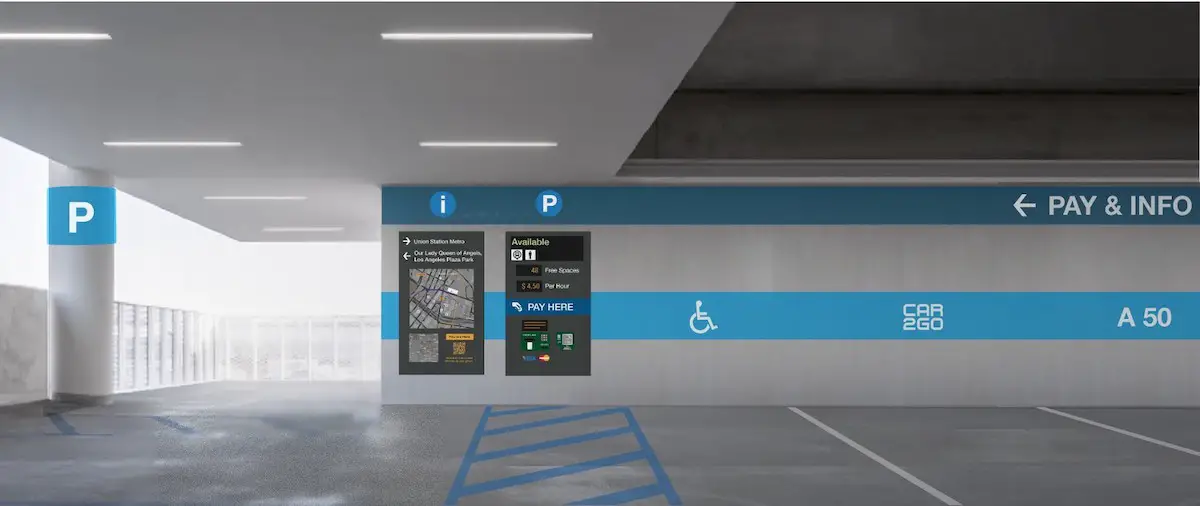‘Citizens United’ is Hurting Local Government in the US. But There’s Hope
Earlier this year, I penned an optimistic piece here at This Big City highlighting the potential cities have for democratic participation. But after a round of bad news for cities in the US, I may have to eat my words, or at least some of them.
Recently, a study was released that examined the effect of the Citizens United supreme court ruling on state and local governments. This decision, handed down in January 2010, has become infamous in US national politics for opening elections to huge donations from wealthy donors. The court’s majority found that nonprofit groups should not be restricted from making donations to political campaigns, justifying this decision by maintaining that the money spent by these groups should be considered political speech, making it a first amendment issue (we Americans love bringing up the first amendment even when it doesn’t really apply, because, you know, freedom).
This opened the door for the creation of gigantic “political action committees” (technically nonprofit corporations), also known as “Super PACs”, which became an easy loophole for rich donors to flood elections with money. Almost overnight, a gaggle of billionaire kingmakers began throwing their weight around. The most notorious of these were the Koch brothers, oil tycoons set on molding government policy to allow them to do more of what they want: build massive facilities without paying for any damage these facilities may cause.
But this new study from the Brennan Center for Justice finds that as bad as Citizens United has been for the federal government, it’s been even worse for local governments. The report focuses on the lack of regulation of political spending by groups like PACs, as well as lax regulation of coordination between candidates, and finds this is even worse for states and cities. Since local governments are smaller, less money is required to corrupt their elections with these tactics. The study summarizes the problem in one devastating quote: “At the local level, you don’t have to be a Koch brother to be a kingmaker.”
A write-up of the report at Truthout summarizes some of the key findings:
- Local offices – governorships, mayoralties and local school boards can be bought with a much smaller investment. It is possible for a single funder to dominate the discourse and machinery of politics in a way not seen at the federal level.
- What is going on around the country four years after Citizens United is proof that the Court’s entire conception of money in politics is flawed. Far from acting independently, unlimited outside spenders are working “hand in glove” with candidates, using new methods that slip past outdated laws.
- These include: Candidate-specific groups, like one formed by a former communications director for Chicago Mayor Rahm Emanuel, which is raising money to support his bid for re-election, including nearly $1 million on one day in June. Candidates soliciting sums for outside groups supporting them, such as Wisconsin Gov. Scott Walker soliciting donations for a nonprofit group that then advertised to support him. Candidates collaborating with outside groups on messaging, or even using the same consultants, as with Florida Gov. Rick Scott, who has appeared in multiple television ads paid for by an independent group called “Let’s Get to Work,” whose name is also a Scott campaign slogan.
But local level corruption isn’t just limited to groups in big cities like Chicago. A devastating in-depth report by Jessica Garrison at Buzz Feed shows that the creeping influence of PACs is wreaking havoc on smaller cities as well.
In Southern California, the city of Moreno Valley sits at the eastern edge of San Bernadino. Though connected via an unbroken chain of urbanized areas to greater Los Angeles, the town is a world away from its big city neighbors. The air is drier, and the citizens are much attuned to the words of the holy scripture – the city council convenes in a room emblazoned with the motto “In God We Trust.”
Nonetheless, the area’s proximity to the massive Los Angeles port complex has made it a strategic location for warehouses. And local kingpin Iddo Benzeevi figured out that by building warehouses, he could reap huge profits – as long as the city council played ball. Building warehouses wasn’t exactly in the interest of the local population since they create massive amounts of pollution and relatively few jobs thanks to new robotics technology. But Benzeevi was still able to swing the council to his favor with using a new tactic: the PAC. According to the report:
[C]ampaign finance records show that one of Benzeevi’s companies, Highland Fairview, donated or loaned more than $260,000 to local races that, for years before his arrival on the scene, had been won with far lower expenditures. Another big contributor was a land broker close to Benzeevi, Jerome Stephens, who kicked in more than $100,000. The men did not give their money directly to candidates. Instead, they donated it to a political action committee. In the close-knit ways of small-town politics, that committee had multiple connections to city power brokers.
Though the use of PACs by Benzeevi began before Citizens United, it only increased after the decision was made. And it only stopped after Benzeevi was brought down by an FBI sting operation, involving the largest bribe the group has ever offered to nab a culprit.
In the wake of this harrowing news, it might be easy to give up hope on local democracy. But there’s also reason to hope. According to the Brennan center report, cities such as Philadelphia and San Diego are taking strong measures to stop undue campaign spending, made possible thanks to more flexibility and the lack of gridlock in local legislatures. As the report notes:
Oversight bodies in Philadelphia and San Diego recently proposed new regulations to target increasingly common collaboration tactics. Philadelphia’s proposed rules, which the Brennan Center testified to support, would treat outside spending as coordinated if it used funds raised by the candidate benefiting from the spending. They would also clarify that the redistribution of campaign material, which currently counts as restricted spending, includes the use of campaign video footage posted online, even providing an example to explain the rule’s meaning.
In addition, even though the small size of local governments’ population bases can be a weakness, requiring less money for them to be bought off, it can also be a strength. Ultimately, huge amounts of illicit campaign money from PACs and other groups still can’t guarantee that voters will lean a certain way. And since local populations are smaller, community organizations can more easily reach out to others nearby, inform them, and spur them to action against outside interests.
This might not always work, but there’s definitely reason to believe that even in post-Citizens United America, local governments are more receptive to ordinary citizens than their national counterparts. I pointed out in my previous article that local governments have a much worse reputation for corruption than the federal government. Though these events certainly aren’t helping, if enough cities follow the lead of Philadelphia and San Diego, we can still turn this reputation on its head and make our local governments more democratic.
Drew Reed is an online media producer and community activist specialising in sustainable transportation. He lives in Buenos Aires.
Photo: Afshin Darian


